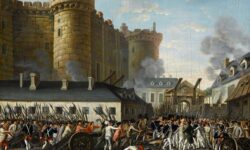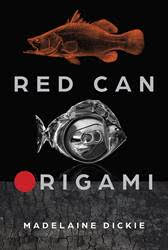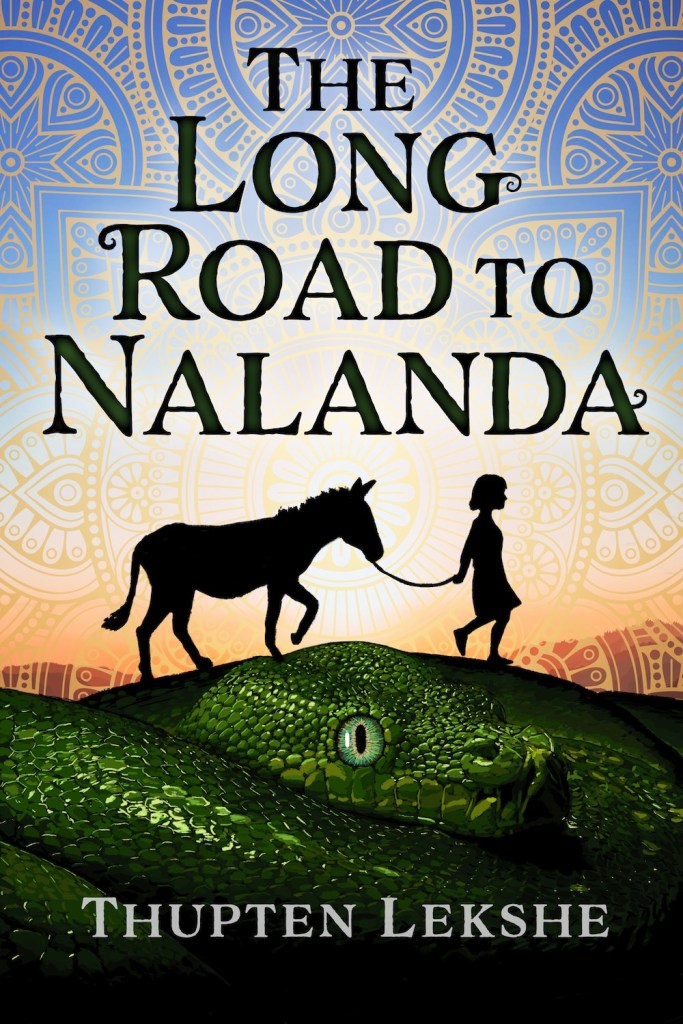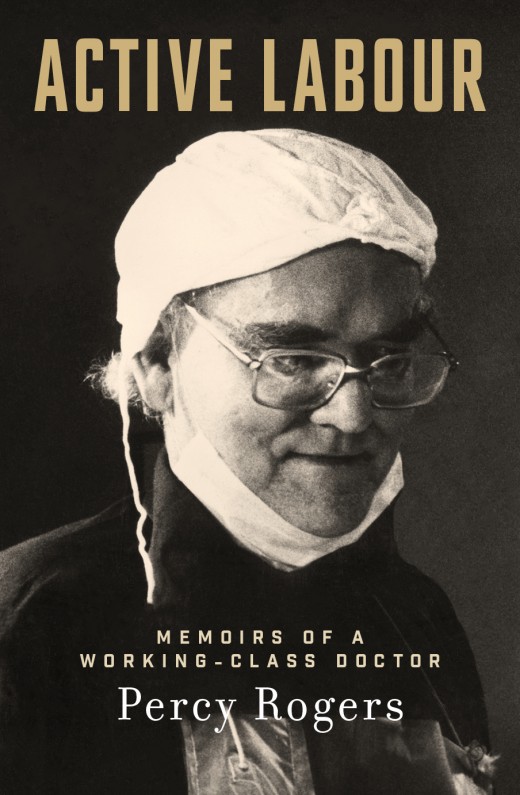
Whenever I’m reading a novel or editing an unpublished manuscript with heaps of dense descriptive text, it’s always a welcome relief to turn a page and see more white than black, which is usually in the form of dialogue. More importantly, successful dialogue excites most readers because it not only advances the story and fleshes out the characters, but enlivens the […]

And so, the end of 2021 draws near after another year of living with a global pandemic. Life has been tough and colourless for so many. I’ve been fortunate to find colour in the writing of so many talented authors as they refine their unpublished manuscripts—both fiction and non-fiction. And although I don’t get much time to read published novels, […]

Fictional characters don’t have to be human—they can be forces of nature, such as a hurricane that bears down on a town, or an insidious pandemic. Or a character can be the collective personality of a surging, angry mob, moving and acting as one, protesting or murdering in the streets. Not only acting as a force that antagonises and threatens […]

A few years ago, an author of nonfiction whom I was mentoring as she wrote her new book, shared with me an interview she’d been listening to. The interviewee was Barbara Kingsolver, acclaimed author of historical fiction. Kingsolver was talking about the difference between fiction and nonfiction, and suggested that writing a novel is like creating a garden in the […]

Due to the insidious COVID-19 pandemic, people around the globe are bunkering down to try and stop the coronavirus from spreading further. During May, I am discounting my writing consultancy fees. I want to encourage you to write, or keep writing. If you’re well on the way with your writing project, but it’s been sitting on the back-burner of your […]

Silence is a tool that writers of fiction can use to great effect. By silencing a character in a poignant moment, emotion is heightened; interrupting action with silence can magnify drama; allowing a character to inhabit a space devoid of action allows time-out and an opportunity for reflection. For examples of silences in literary writing, seek out authors such as […]

Choosing and arranging words according to their sound can intensify meaning and create rhythm in a sentence; the degree of musicality you employ will depend on the intended mood and tone of your writing. In Geraldine Brooks’ ‘Year of Wonders’ (2001), Part 1 is called ‘Leaf-Fall, 1666’. Readers’ senses are immediately stimulated as autumnal sights, sounds and smells are richly […]

Dangling modifiers (often participles) continue to hang around in sentences, probably because most writers (and readers) are indifferent to them. Some work, but most don’t. This month, my editing work has encountered so many of the latter from various sources that it has piqued my interest and motivated me to do some thinking on the subject. You may ask: What […]

A few years ago I wrote a thesis with its focus the mid-nineteenth-century painting by British artist Valentine Prinsep, ‘The flight of Jane Shore’. I researched Jane Shore’s life to the point of obsession and got to know this medieval royal mistress so well that I thought I could speak for her—write her story in the genre of historical fiction. […]

Travel writing often ends up being fantasy. The idea of the writer-artist as an independent traveller embodies a romantic notion that the source of his or her inspiration is an unrestrained inner life. English travel writer, Bruce Chatwin (1940-89,) was a post-Vietnam-War traveller, content to travel alone and live in ‘native’ standards of comfort. His writing style is as intoxicatingly […]













